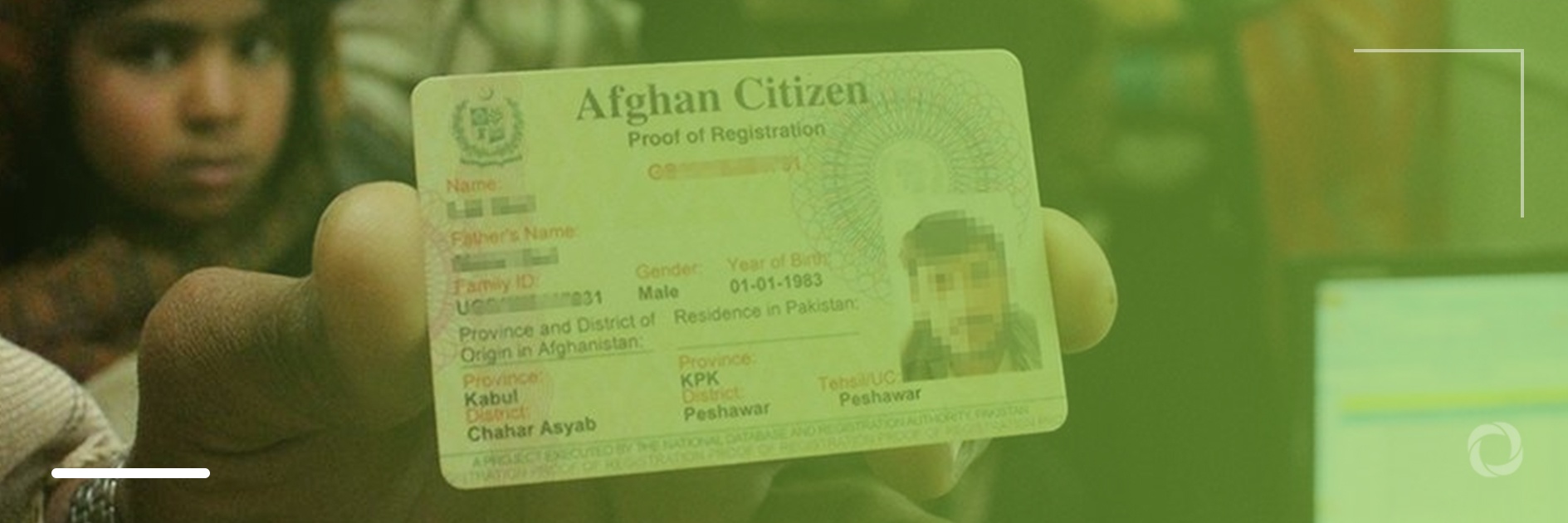About 1.4 million Afghan refugees sheltering in Pakistan will be issued with special smart identity cards. The process will take place during a six-month-long campaign launched on 15 April by the Pakistani authorities with the support of the United Nations Refugee Agency (UNHCR).
The initiative, known as the Documentation Renewal and Information Exercise (DRIVE), involves verifying and updating the data of Afghan refugees. DRIVE will extend to officially registered refugees whose registration cards expired in 2015 in an attempt to enhance their protection and access to social services.
Participating in the DRIVE launch ceremony, Indrika Ratwatte, UNHCR Regional Director for Asia and the Pacific, praised Pakistan’s “pioneer efforts to find solutions and support inclusion for people forced out of their homes by a prolonged conflict. This step will allow refugees to have better, faster and safer access to services, including schools, hospitals and banks.”
For his part, the Pakistani Minister for States and Frontier Regions, Sahabzada Mehboob Sultan, noted that it was “crucial to update the data of Afghan refugees to understand their situation better”. He called on officially registered Afghan refugees to participate in the exercise and urged them to observe COVID-19 protocols.
About 600 staff members who have been provided with special mobile registration vehicles are involved in the DRIVE verification process to be carried out all over the country. To reduce the risk of coronavirus infection, a limited number of appointments will be scheduled for each day and physical distancing and hygiene measures will be strictly respected.
With regard to undocumented refugees, Muhammad Usman, a spokesman for Pakistan’s Commission for Afghan Refugees, announced that a policy would be introduced to encourage them to register and benefit from the facility.
The last data verification campaign among Afghan refugees in Pakistan took place 10 years ago. Over the past four decades, the country has become home to about 3 million refugees who fled Afghanistan in the wake of the war that broke out there. Pakistan is one of the biggest refugee-hosting countries worldwide and the largest in terms of Afghan refugees.


